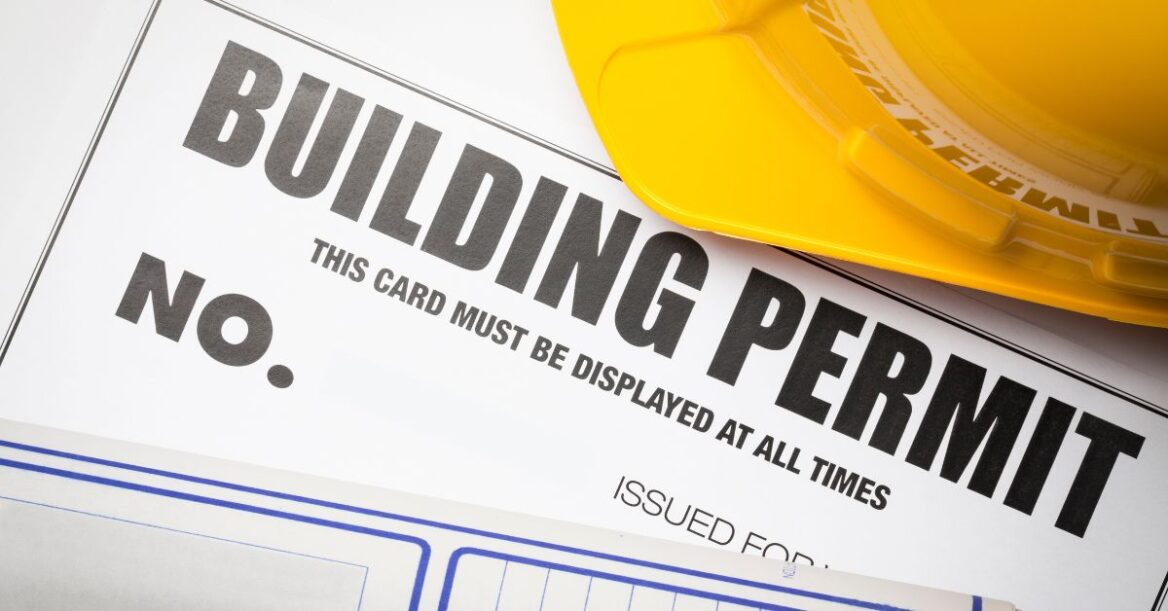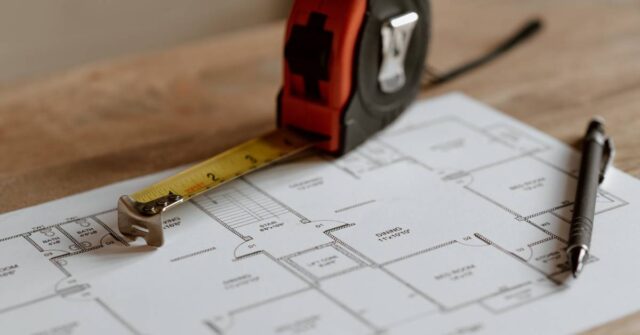Welcome to your comprehensive guide on navigating Sydney’s zoning laws and the intricacies of bathroom extensions.
Whether you’re a homeowner planning a renovation or a developer looking to understand local regulations, this article aims to provide you with clear, actionable information.
Introduction to Zoning in Sydney
Sydney’s zoning laws play a crucial role in shaping the city’s urban landscape.
They determine what can be built and where which influences everything from housing density to the type of businesses that can operate in certain areas.
Overview of Zoning Laws
Zoning laws in Sydney are designed to segregate residential, commercial, and industrial areas, promoting orderly urban growth and protecting neighbourhoods.
These laws impact land use, building heights, and density, guiding the city’s development.
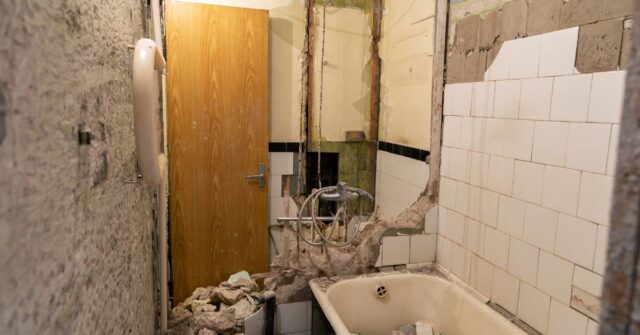
Importance of Zoning for Urban Development
Effective zoning ensures that Sydney grows in a structured manner, balancing economic growth with residential needs.
It helps in maintaining the quality of life by reducing conflicts between different land uses and enhancing the overall functionality of urban areas.
Understanding Sydney’s Zoning Laws
Sydney’s zoning framework is detailed, with various categories that govern land use. Knowing these is essential for anyone planning property developments or extensions.
Residential Zones
Residential zones are categorized to accommodate various types of housing units, from low-density single homes to high-density apartments.
Each category has specific regulations regarding lot size, building height, and spacing.
Commercial Zones
Commercial zones are designed to support economic activities. They are strategically placed to optimize accessibility and economic efficiency, often near major transport hubs or city centres.
Industrial Zones
These zones are allocated for manufacturing, warehousing, and heavy industries. They are typically situated away from residential areas to minimize noise, traffic, and environmental impacts.
Special Purpose Zones
Special purpose zones include areas for schools, hospitals, and other community facilities. These zones ensure that essential services are accessible to residents across Sydney.
Environmental Protection Zones
Environmental protection zones safeguard areas of environmental significance, restricting development to preserve natural landscapes and biodiversity.
Key Regulatory Bodies and Legal Framework
Navigating through Sydney’s zoning laws involves interacting with various regulatory bodies, each playing a pivotal role in urban planning and development.
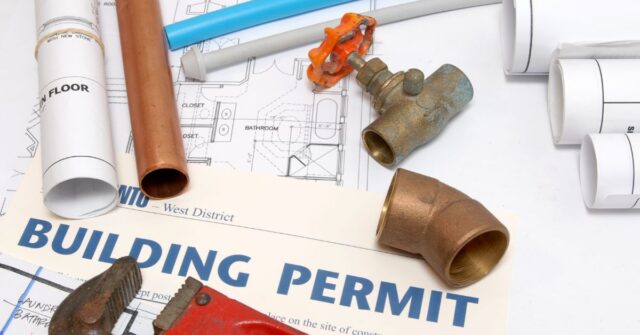
New South Wales Government Roles
The NSW Government oversees regional planning and ensures that local plans adhere to state-wide goals and policies. It provides guidelines that shape local council regulations.
Local Council Responsibilities in Sydney
Local councils manage the day-to-day zoning decisions, reviewing development applications and ensuring compliance with both local and state regulations.
Legal Implications of Non-Compliance
Building without the proper approvals can lead to substantial fines, legal action, and the potential demolition of unauthorized constructions. Compliance with zoning laws is critical to avoid these penalties.
Planning Permissions for Bathroom Extensions
Bathroom extensions often require planning permission, especially if they alter the structure or use of the building.
When Do You Need Planning Permission?
Planning permission is needed if your bathroom extension affects the external appearance of your building, increases floor space, or changes its use.
Steps to Obtaining Permission
To obtain planning permission, you’ll need to submit detailed plans to your local council, including drawings, a site plan, and a statement of environmental effects.
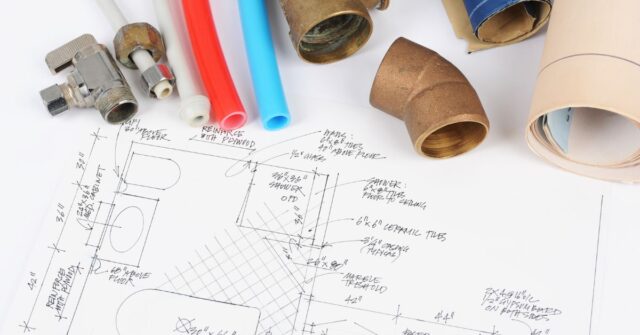
Dealing with Restrictions
Always consider heritage restrictions, land zoning, and potential impacts on neighbouring properties when planning your extension.
Specific Requirements for Bathroom Extensions in Sydney
Understanding the specific requirements for bathroom extensions can streamline your renovation process.
Building Codes and Standards
Australia’s Building Code provides a framework for the construction standards of new buildings and renovations, including bathroom extensions.
Waterproofing and Ventilation Requirements
Proper waterproofing and ventilation are mandatory to prevent moisture damage and maintain air quality, respectively.
Accessibility Considerations
Regulations require that new bathrooms be accessible to people with disabilities, which may influence the design and layout of your extension.
Common Pitfalls in Zoning and Extensions
Awareness of common pitfalls can help you avoid costly mistakes during your extension project.
Zoning Violations
Zoning violations often occur when property owners are not aware of the specific zoning laws that apply to their property. Regular consultation with local councils can prevent such issues.
Building Without Approval
Building without the necessary approvals can lead to legal complications, including fines and mandatory alterations or removal of the structure.
Resources for Homeowners and Builders
Knowing where to find help can simplify the process of planning and executing a bathroom extension.

Useful Contacts and Information Sources
Local council websites, the NSW Department of Planning, Industry and Environment, and professional associations are valuable resources for advice and support.
Tips for Smooth Approval Process
Engage a certified planner or architect to prepare your application, ensure your plans comply with local laws, and maintain open communication with your local council.
Conclusion
This comprehensive guide should serve as a valuable resource in understanding Sydney’s zoning laws and navigating the process of planning and implementing a bathroom extension.
Whether you’re enhancing your home or upgrading a commercial property, thorough preparation and adherence to regulations will pave the way for a successful project.

